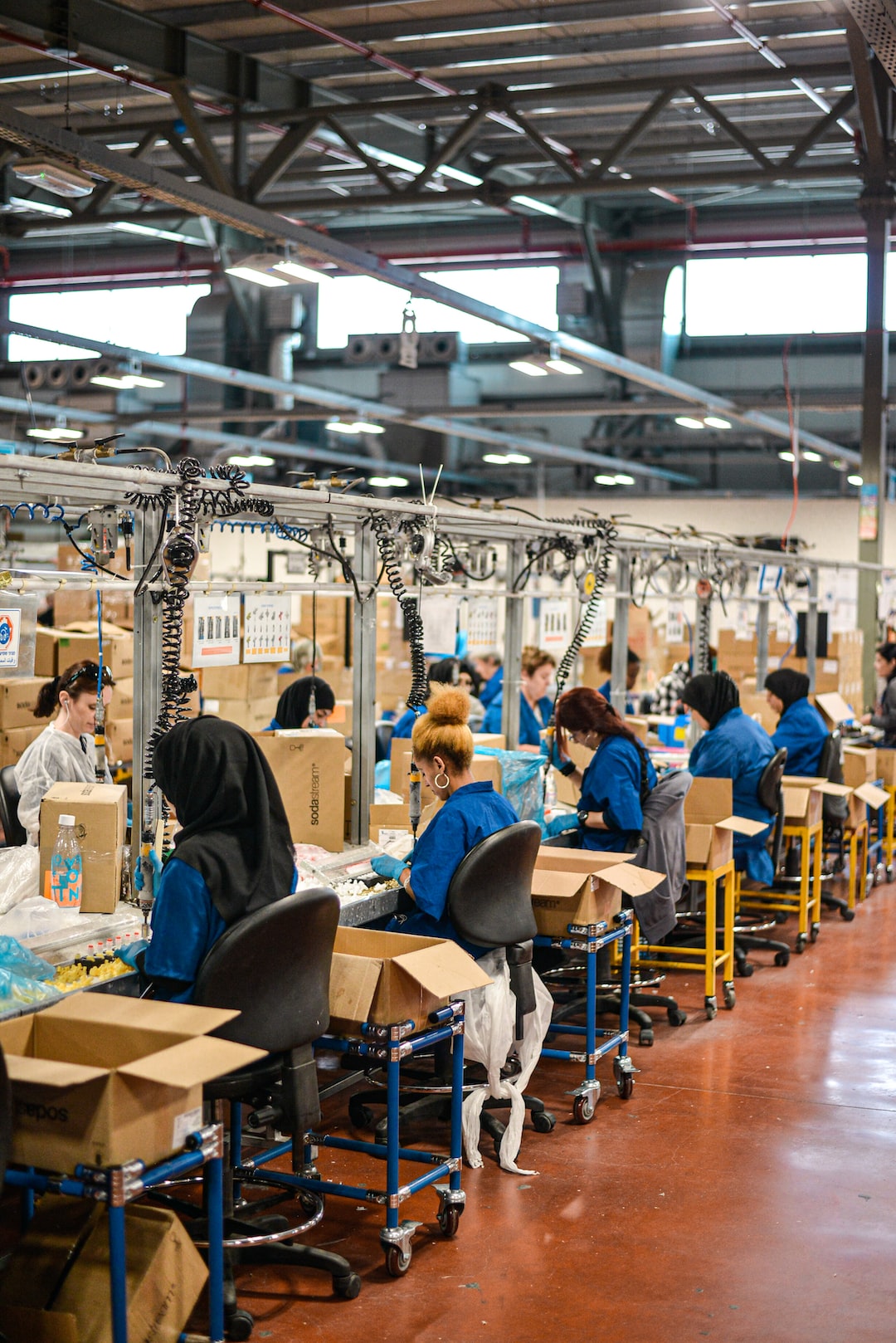Understanding the Impact of Globalization on Manufacturing Industries
Globalization has had a profound impact on various industries, including manufacturing. The interconnectedness of economies and the free flow of goods and services across borders have reshaped the landscape of manufacturing on a global scale. It is important to understand the implications and effects of globalization on manufacturing industries to adapt to the changing dynamics of the global economy.
One of the most significant impacts of globalization on manufacturing industries is the emergence of global supply chains. In the past, manufacturing processes were largely localized, with companies sourcing raw materials and components from local suppliers. However, with globalization, companies now have the opportunity to tap into a global network of suppliers. This has led to increased efficiency, as companies can choose suppliers based on cost, quality, or specialization. Additionally, this has allowed manufacturers to take advantage of lower production costs in countries with comparative advantages in certain industries.
Globalization has also led to increased competition in the manufacturing sector. With the ability to source materials and components from different parts of the world, companies now face competition not only from local manufacturers but also from international players. This has forced manufacturing industries to constantly innovate and improve their products and processes to stay competitive in the global market. Companies that fail to adapt to the changing dynamics of global competition may find themselves unable to survive in the long run.
Another impact of globalization on manufacturing industries is the shifting of production facilities to low-cost countries. As companies seek to minimize production costs, they often establish manufacturing facilities in countries with abundant labor and lower wages. This has led to the outsourcing of manufacturing jobs to countries like China, India, and Vietnam. While this has generated economic growth and employment opportunities in these countries, it has also resulted in job losses and economic challenges for manufacturing industries in high-cost countries.
Furthermore, globalization has also brought about changes in consumer behavior and preferences. With increased access to foreign products and influences, consumers now have more choices than ever before. This has led to a shift in demand patterns and increased expectations for innovative and high-quality products. Manufacturing industries must adapt to these changing consumer trends to remain relevant and meet the evolving needs and wants of consumers.
In conclusion, globalization has had a profound impact on manufacturing industries. From the emergence of global supply chains to increased competition and shifting production facilities, manufacturers must adapt to the changing dynamics of the global economy to survive and thrive. Understanding the implications of globalization on manufacturing industries is crucial for companies to make informed decisions and remain competitive in today’s globalized world. Ultimately, those who can navigate the complexities of the global market will be well-positioned for success in the manufacturing industry.

